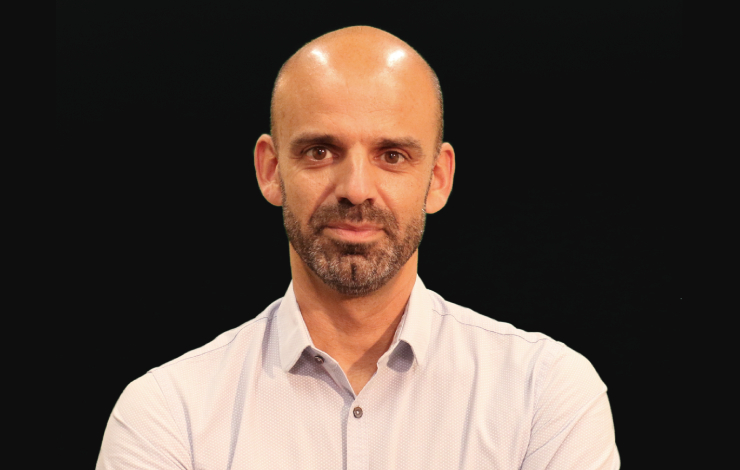12-11-2024

Pedro Barquinha, professor at the Department of Materials Science and researcher at NOVA FCT's CENIMAT , has been appointed member of the National Council for Science, Technology and Innovation (CNCTI) for the second time in a row.
The CNCTI is a consultative body that works closely with the members of the Government responsible for the Economy and Science and Innovation. Made up of 20 personalities of recognised merit in different fields of knowledge and the economy, the Council includes academic, scientific and business leaders, reflecting institutional and territorial diversity.
The CNCTI's functions include supporting the development and sustainability of the national scientific and technological system, promoting the internationalisation of Portuguese science and encouraging the use of Portuguese as a scientific language. The Council is responsible for providing scientific advice and promoting the coordination of inter-ministerial science and technology policies. It also acts as a consultative body in parliamentary discussions related to scientific and technological progress, collaborating with the Assembly of the Republic whenever requested.
‘This is a unique opportunity and a huge challenge, where I will be able to listen and give my opinion on strategic issues for the country, striving to make my contribution so that science, technology and innovation are pillars for Portugal's economic and social development,’ explains the NOVA FCT professor and researcher.
Pedro Barquinha specialises in flexible electronics, from materials to their integration into circuits. His work has contributed significantly to making flexible electronics a sustainable option for creating intelligent surfaces on any type of object. He has co-authored more than 170 articles and 5 international patents. Since 2020, he has been editor of the prestigious journal IEEE Electron Device Letters and a member of the board of the INL (International Iberian Nanotechnology Laboratory).
The professor and researcher has received prestigious scientific awards, including two European Research Council Grants (2017 and 2022) and the ‘Innovation Award for Young Engineers 2008’ from the Order of Engineers. Currently, his research focuses on increasing the levels of miniaturisation and integration underlying flexible electronics in order to revolutionise future information and communication technologies (ICT).